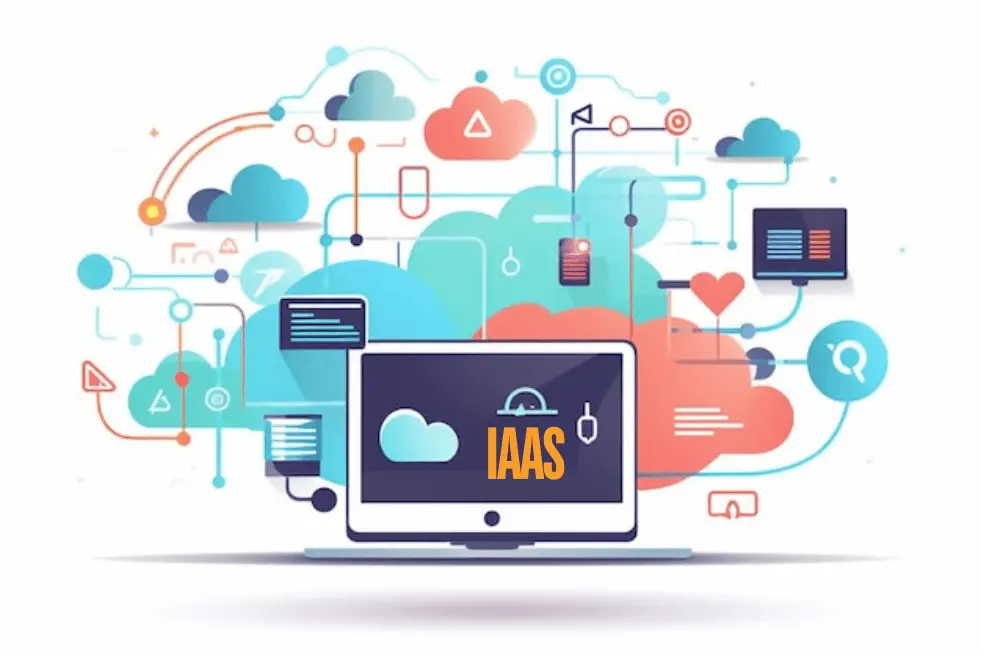What is IAAS?

What is IaaS?
In the rapidly evolving world of technology, cloud computing has become a cornerstone for businesses looking to innovate and scale efficiently. Among the various models of cloud computing, Infrastructure as a Service (IaaS) stands out as a versatile and powerful solution. But what exactly is IaaS, and how can it benefit your business? Let’s delve into the fundamentals of IaaS, its advantages, and why it’s an essential component of modern IT infrastructure.
Understanding IaaS
Infrastructure as a Service (IaaS) is a form of cloud computing that provides virtualized computing resources over the internet. Instead of investing in and managing physical servers and data centers, businesses can rent these resources from a cloud service provider. These resources typically include virtual machines, storage, networks, and operating systems.
In an IaaS model, the cloud provider manages the underlying hardware, while the user is responsible for managing the operating system, applications, and data. This allows businesses to focus on their core operations without the burden of maintaining and upgrading physical infrastructure.
Key Components of IaaS
- Compute: Virtual machines with customizable configurations of CPU, memory, and storage.
- Storage: Scalable and redundant storage solutions for data and backups.
- Networking: Virtual networks, load balancers, and firewalls to ensure secure and efficient data transfer.
- Management Tools: Tools for monitoring, managing, and scaling infrastructure resources.
Advantages of IaaS
Cost Efficiency: By eliminating the need for physical hardware and the associated maintenance costs, IaaS helps businesses reduce capital expenditures. Companies pay only for the resources they use, allowing for better cost management.
Scalability: IaaS provides on-demand scalability. Businesses can quickly scale up or down based on their needs, ensuring they have the right amount of resources at any given time.
Flexibility and Agility: With IaaS, companies can deploy new applications and services faster. This agility enables businesses to respond quickly to market changes and customer demands.
Disaster Recovery and Business Continuity: IaaS solutions often come with built-in redundancy and backup options, ensuring data is safe and accessible even in the event of hardware failures or disasters.
Global Reach: Major IaaS providers have data centers around the world, allowing businesses to deploy their applications closer to their customers, reducing latency and improving performance.
Use Cases for IaaS
Development and Testing: IaaS provides a flexible environment for development and testing, allowing teams to quickly create and dismantle test environments without significant upfront investment.
Big Data Analysis: IaaS can handle large-scale data processing tasks, providing the necessary compute power and storage capacity for big data analytics.
Web Hosting: Businesses can host websites and web applications on IaaS, benefiting from scalability and high availability.
Disaster Recovery: IaaS is an ideal solution for disaster recovery setups, providing reliable and cost-effective backup options.
High-Performance Computing: IaaS can support complex computing tasks, such as simulations and scientific computations, by providing high-performance computing resources.
Conclusion
Infrastructure as a Service (IaaS) is revolutionizing the way businesses manage their IT infrastructure. By leveraging IaaS, companies can achieve greater flexibility, scalability, and cost efficiency, all while focusing on their core business objectives. Whether you’re a startup looking to scale rapidly or an enterprise aiming to streamline operations, IaaS offers a robust and versatile solution to meet your needs.
Embracing IaaS is not just about adopting a new technology; it’s about transforming the way you think about IT infrastructure and unlocking new possibilities for innovation and growth. As cloud computing continues to evolve, IaaS will undoubtedly play a crucial role in shaping the future of business and technology.





